Usually orange in color, native to southwestern Asia and Europe, the carrot is one of the vegetables that is consumed almost worldwide. Carrot is rich in fiber and vitamin A, and this veggie has been deduced to lower the risks of diabetes and high blood sugar rates. We will briefly explore how to grow and companion carrots with other plants.
Growing Carrots through Companion Planting
Companion planting is one of the most beneficial gardening practices as it benefits the farmer, the plant and even the land space. In the following lines, we will iterate 20 plants you can plant alongside your carrots.
Tomatoes
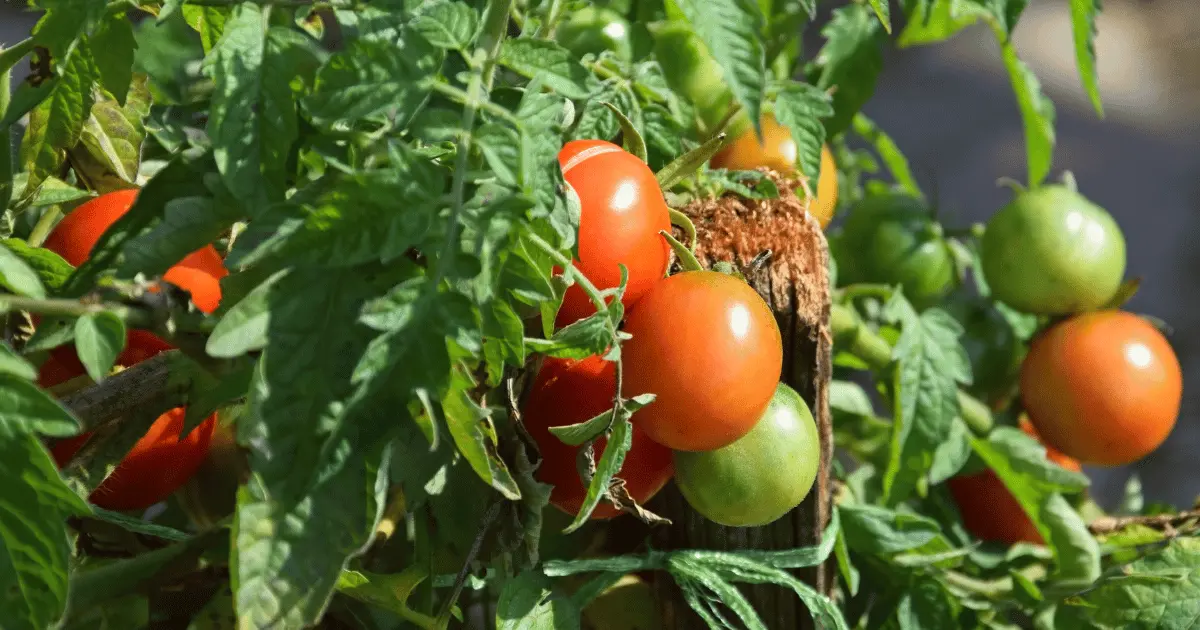
Tomatoes would fit right into that space if there’s anything like a perfect match for carrot gardens (or farms). Tomatoes are incredibly beneficial to carrot farms because tomatoes are typically planted in the ridge beds while carrots are planted on the sidelines. The solanine from tomatoes also serves as a pest repellant on a carrot farm. The tomatoes also improve the flavor of the carrots produced when both plants are planted close. When tomatoes mature, they provide some form of shade for the carrots, shielding them from harsh sunlight.
Marigold
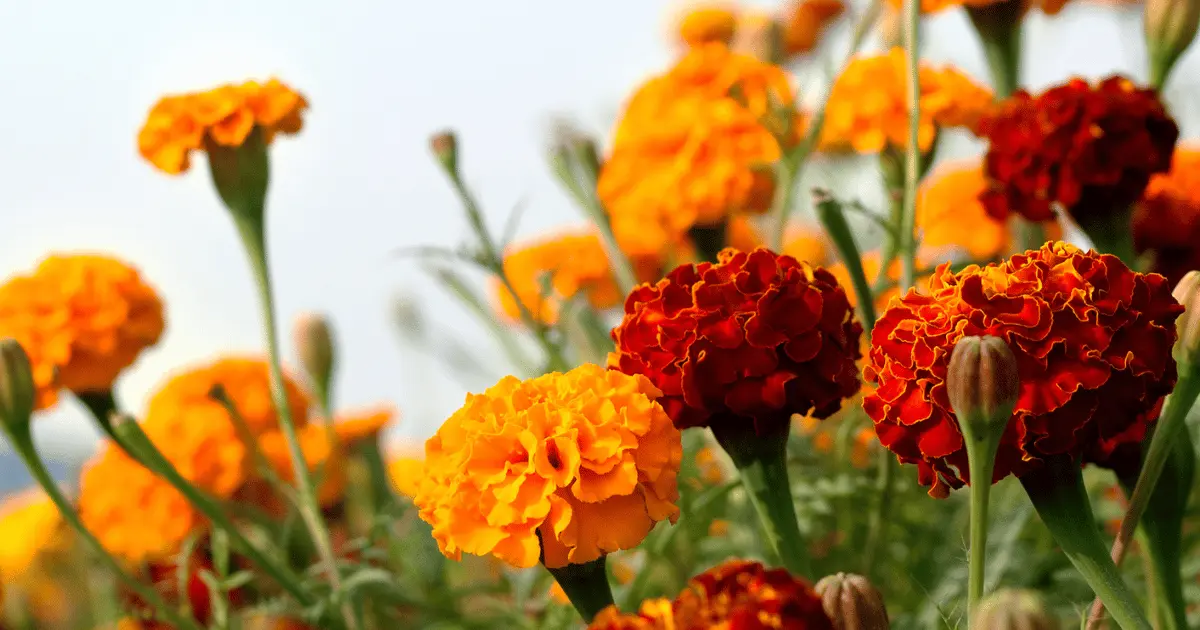
Marigolds serve a dual purpose when planted as companions of carrots. First, they attract beneficial insects to the plantation. Second, marigolds repel harmful insects from the carrot garden, such as psyllid, which destroys the young carrot seedlings. The presence of marigolds also improves the carotenoid and root sugar contents of carrots.
Daffodils

Daffodils are tricky companions for carrots because of their poisonous nature, but there’s a way to work around them. Squirrels and other rodents, which can severely cause harm to a carrot farm, are repelled by daffodils. For farmers who plant carrots in areas with high concentrations of such animals, it is advisable to plant daffodils around the carrot farm, as these animals detest the smell and sight of daffodils.
One precaution, however, is to plant the daffodils around the carrot farm, not within it. Daffodils can quickly take over the farm and repeat their yearly growth cycle.
Onion
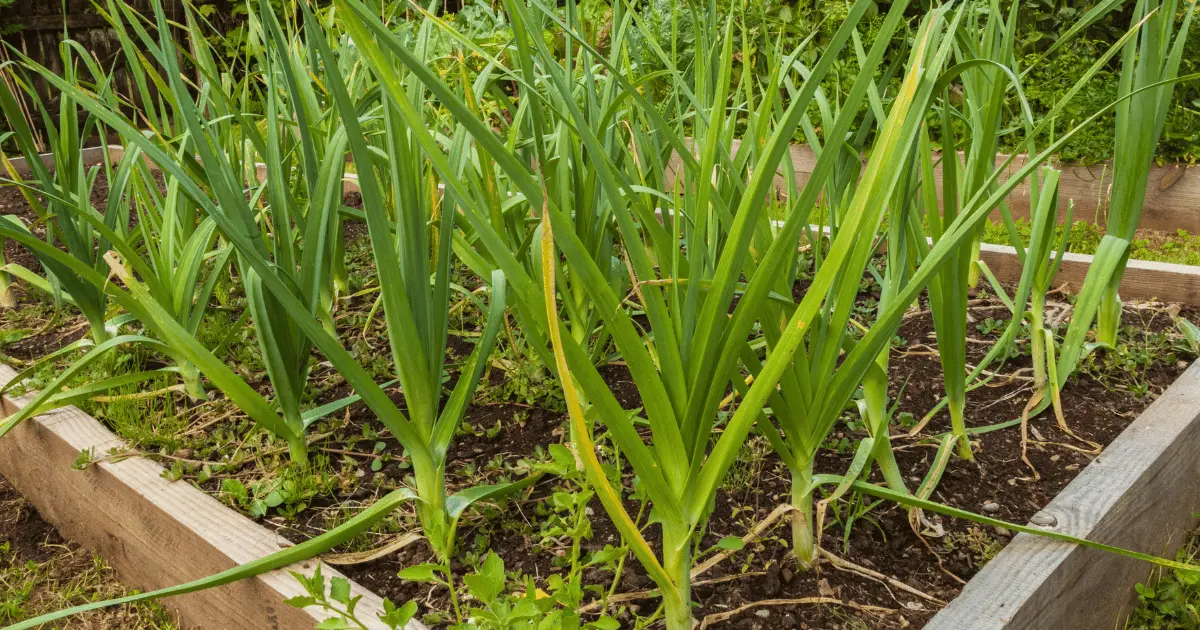
Onions have a piercing smell that keeps certain natural pests of carrots away from the farm. One of the pests repelled by the onion is the carrot fly which is the major pest that festers with carrots. Another advantage of planting onions around carrots is that onions don’t take up heavy land spaces. So they don’t compete with carrots for the same nutrients.
Rosemary
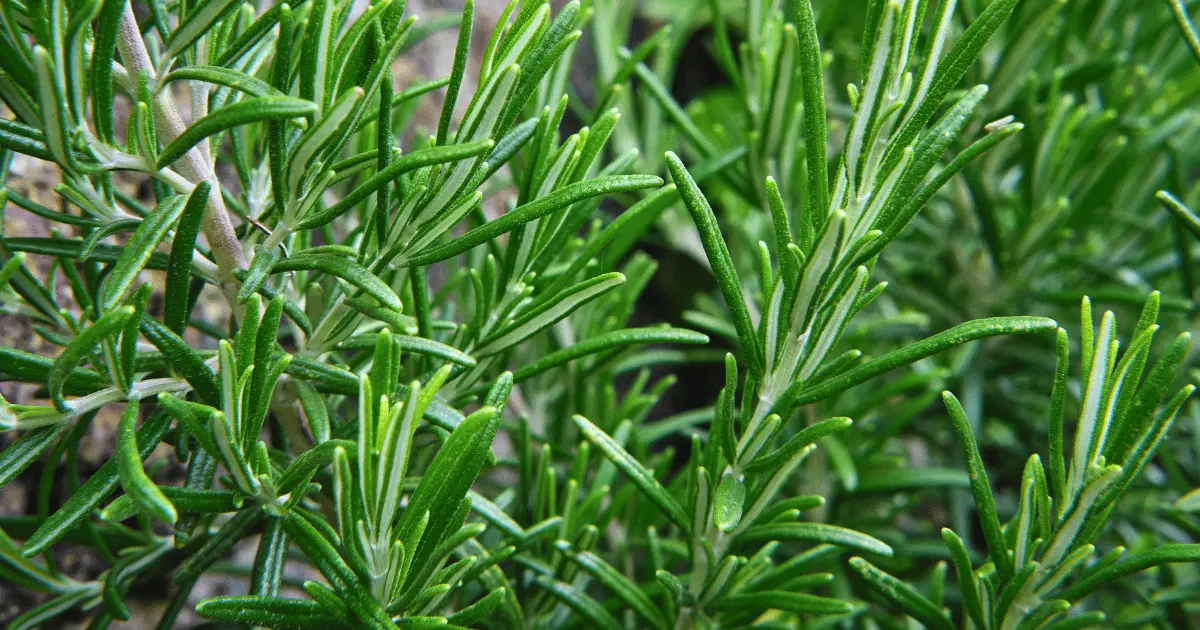
Rosemaries have a fragrance that serves as a pest mask on the carrot farm. Planting Rosemaries around the carrot farm will keep certain pests of the carrots away from the farm.
Borage

Borage is one of the plants termed a bio-accumulator, meaning that it pulls up nutrients needed for plant growth from the soil. When you plant borage as a companion to carrots, it attracts the nutrients the carrots need to thrive in the soil. Then it also repels certain natural pests of carrots. Asides from all these benefits, borage also attracts beneficial insects to carrots.
Scallions
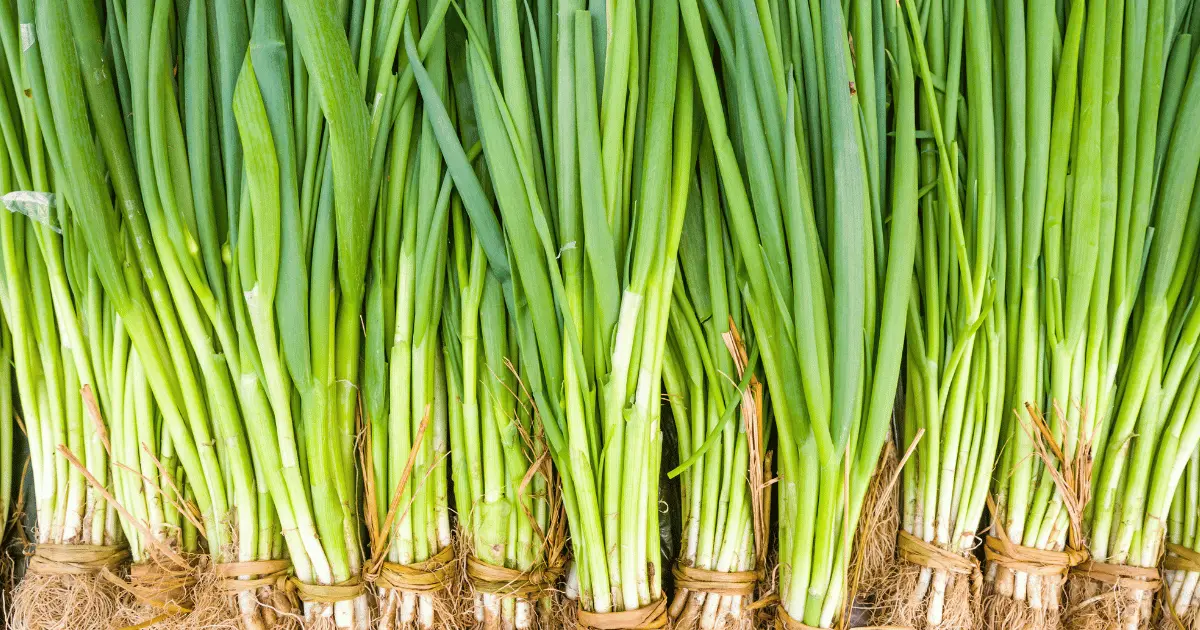
Scallions of the Allium plant family also do well within carrots farms. Scallions repel pests from the carrot farm and are known for their rapid growth rate. They give you double your space as a farmer because they mature enough for harvest within eight weeks.
Cilantro
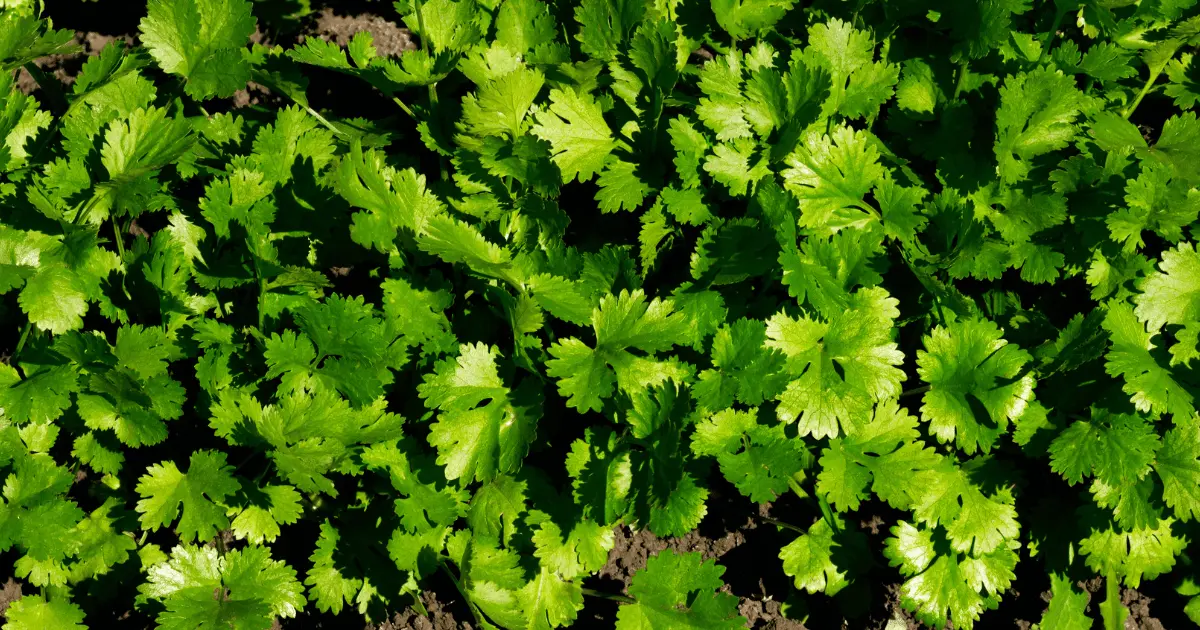
Cilantro attracts pests that prey on the natural pests of carrots. Rust flies, aphids and white flies are some of the worst nightmares of carrots farms. Cilantro will attract the predators of these pests, thereby keeping the carrot farm safe.
Radish
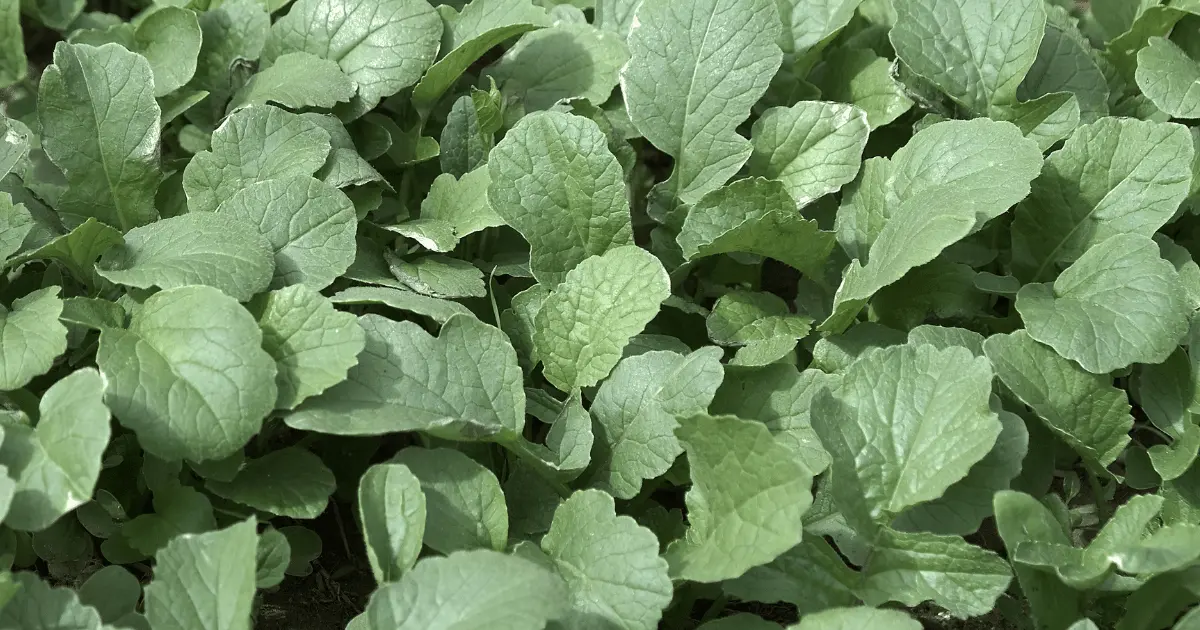
Radishes help you make the best use of your garden space as they do not take up a lot of space. They fit perfectly into a carrot farm for this reason and for the fact that they serve as root structure complementarities for carrots. Carrots bore deep into the ground while radishes stay shallow. What’s more about planting radishes with carrots, they do not compete for nutrients.
Turnip

Turnips have a smell that repels carrot pests, but that isn’t the only benefit a carrot garden can gain from being planted around Turnips. Turnips have shallow roots, so they don’t compete for nutrients with carrots.
Spinach
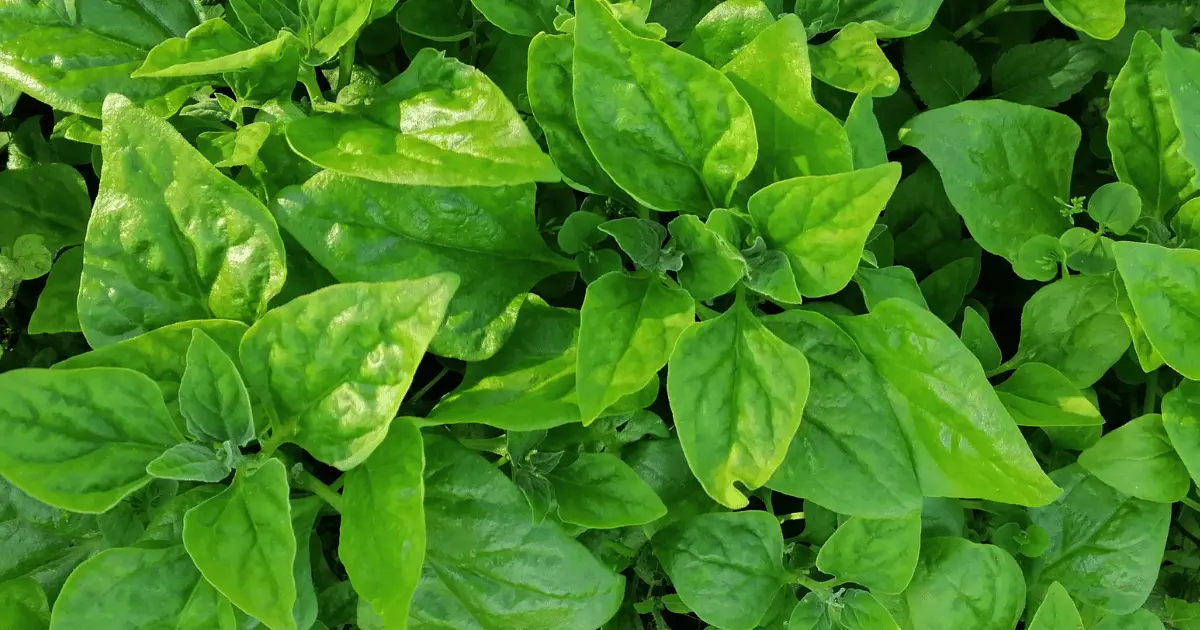
Spinach stays low and close to the ground even at maturity. Its roots don’t bother carrots when planted within the same space. This characteristic of spinach makes it a good choice for a companion plant with carrots. It also helps maximize the garden space as spinach doesn’t take up a lot of space.
Beets
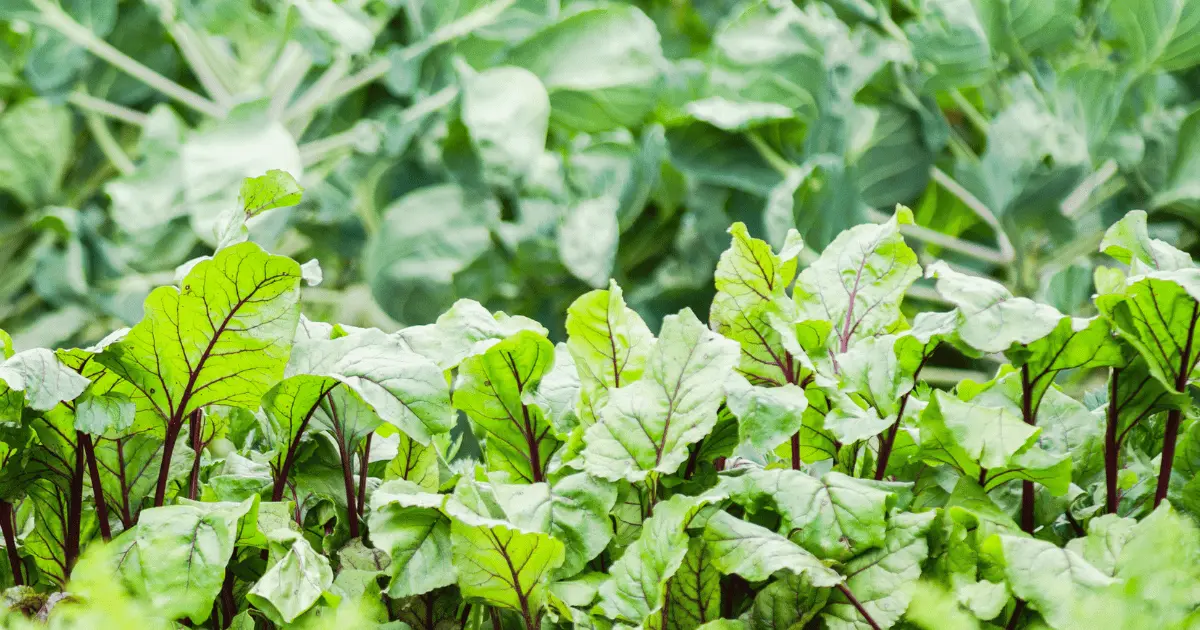
Beets or beetroots dig into the ground and loosen the soil for carrots to bore appropriately, but this only occurs when they are planted within the same space, making beets a good companion plant for carrots. Aside from soil structure refining, beets also help the farmer get the best output of the land space.
Oregano
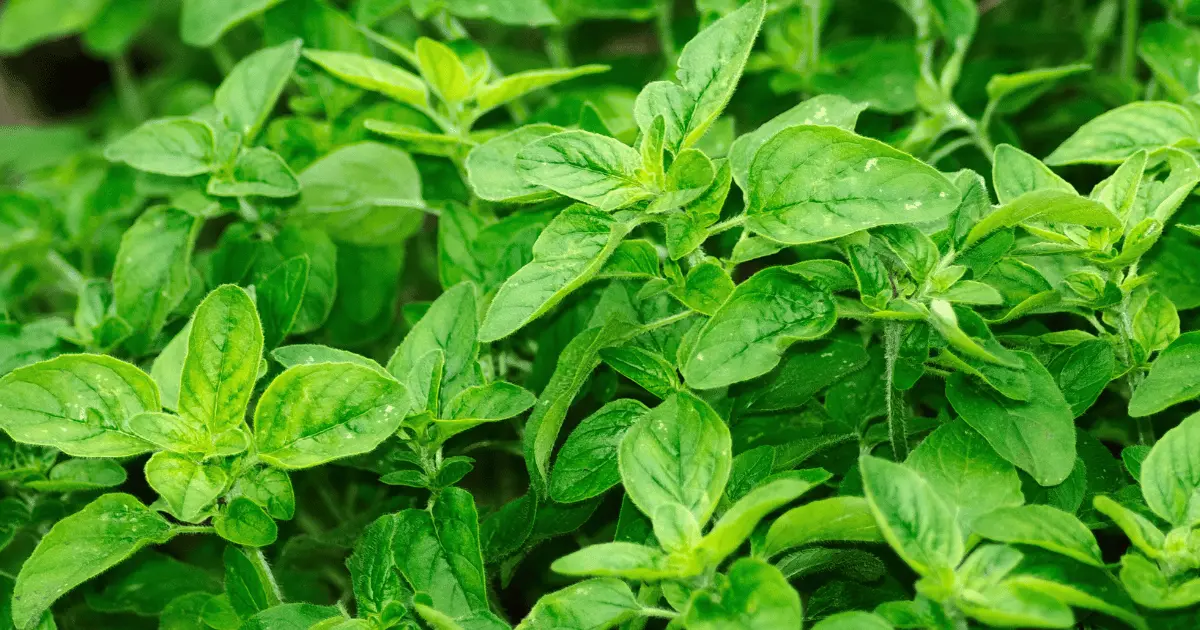
The spicy Oregano plant repels nematodes and rust flies. Oregano produces thymol and carvacrol, which are strong essential oils that repel the aforementioned natural pests of carrots. Oregano also improves the flavor of carrots.
Lettuce

The simple benefit of having lettuce planted around carrots is that it helps fill up unused garden space, helping you get the most out of your farm space. Lettuce and carrots complement each other in growth patterns because lettuce has very shallow roots, as opposed to carrots that bore deep into the soil.
Beans
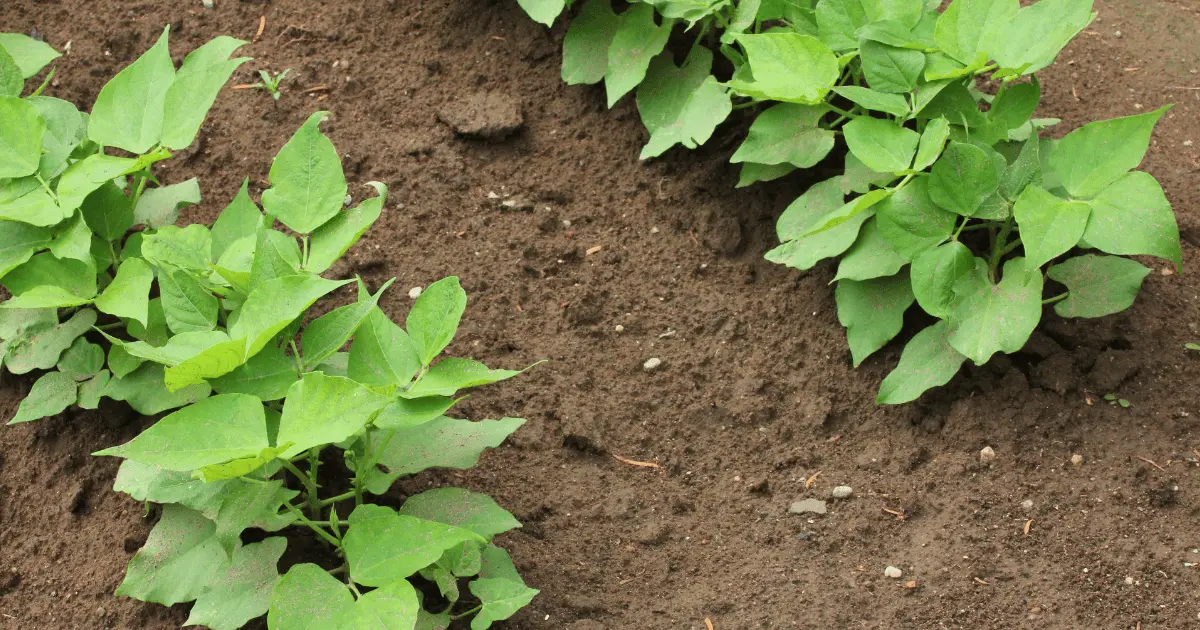
Beans don’t compete with carrots for any soil nutrient, so they make good companions. Asides from this, Beans also provide organic nutrients for the growth of carrots. The Beans get the nutrients from nitrogen-fixing bacteria within their roots. These bacteria are incredibly beneficial to carrots.
Leeks
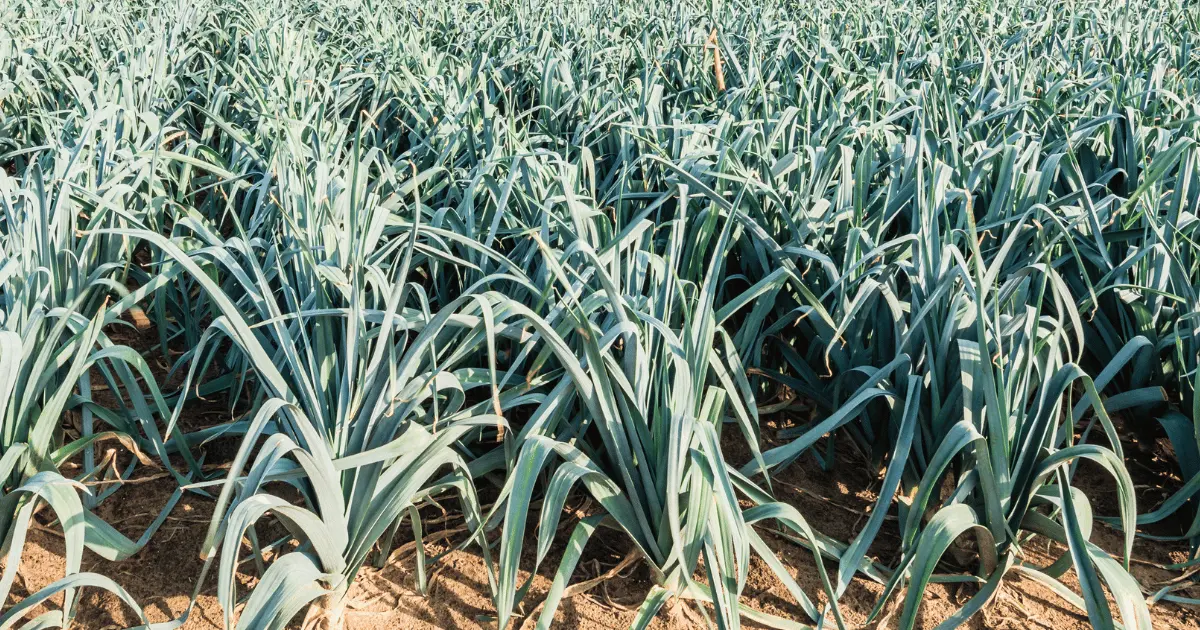
Leeks also have a strong fragrance; they help the carrot farm by not allowing pests to smell the carrots within the garden space. Aside from this smell, leeks also repel carrot flies, one of the worst insect nightmares of carrot plantations.
Cabbage

Cabbage serves the purpose of distracting pests from the smell of carrots within the garden space. It also helps make the best use of the garden space and creates some form of diversity.
Chives
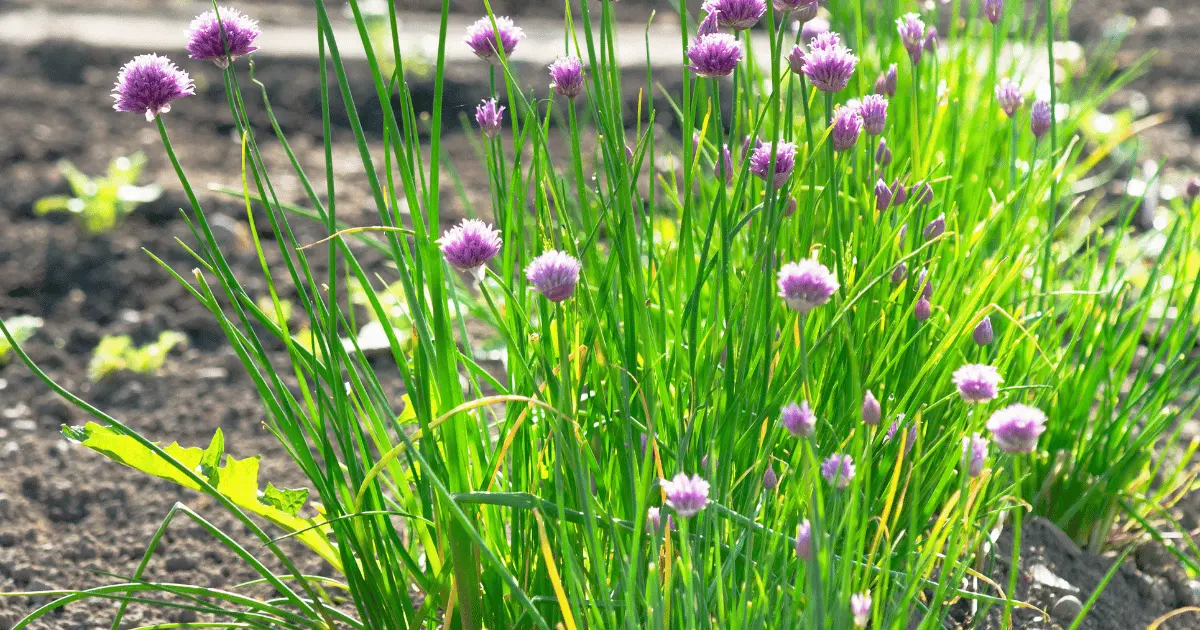
Chives repel natural pests of carrots, such as carrot flies, and they also improve the flavor of the carrots planted within their reach. Chives also make great companions for carrots because they don’t compete for space or nutrients with the carrots. After all, chives have very shallow roots.
Lentils
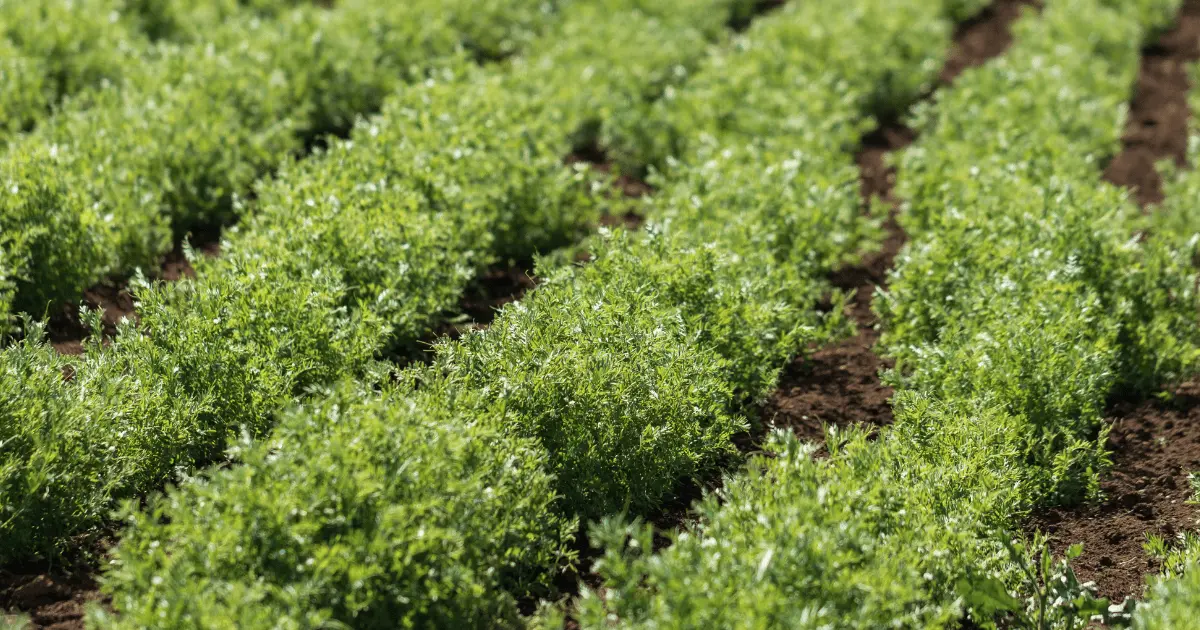
Lentils are easy to cater to and produce much more than the space they take up on the ground, but this isn’t why they’re good companions for carrots. Lentils make good carrot companions because they provide beneficial bacteria into the soil. These bacteria assist the growth of carrots and tend to stay in the ground for a long time.
Nasturtiums
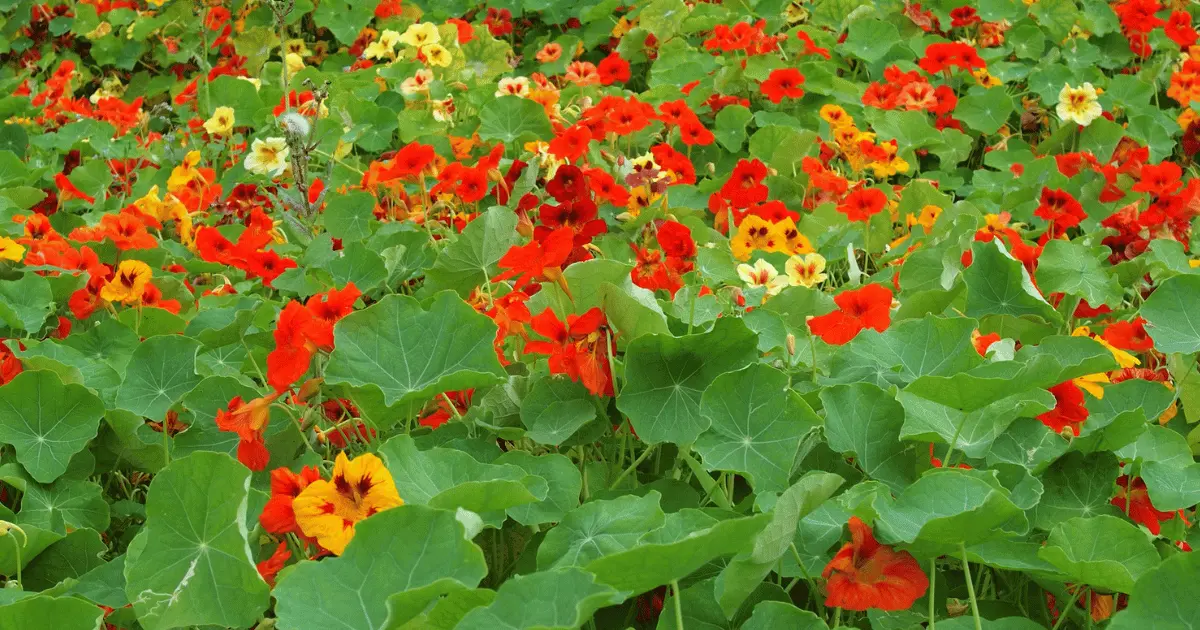
This ornamental plant attracts beneficial insects to the carrots planted within its reach; most insects serve as pollinators. Nasturtiums, however, also draw away harmful insects from the carrots plantation, insects such as aphids.
Precautionary Measures for Using Carrot Companion Plants
Not all plants go well with carrots in the same space. Dills, potatoes, and parsnips do not complement carrots, so it’s best to keep your carrot far from these plants.
Growing Carrots
You can cultivate your carrot farm in a backyard garden or on a large scale, depending on the land and resources available.
Whatever the case, you start the process from the carrot seedlings. The result is usually the beautiful and sweet carrot bulbs you have at harvest. Planting carrot involves spreading the carrot seeds on all already prepared soil beds. The bed upon which the carrot seed is to be spread should be carefully prepared to keep stumps and large stones out.
After spreading the seeds, you can cover them with a thin layer of soil. The carrot seeds still typically start sprouting within a couple of weeks. A carrot takes about 12 to 16 weeks to fully mature. However, remember that you should only water the carrot farm in extreme dryness as it needs only a little moisture to grow and flourish.
